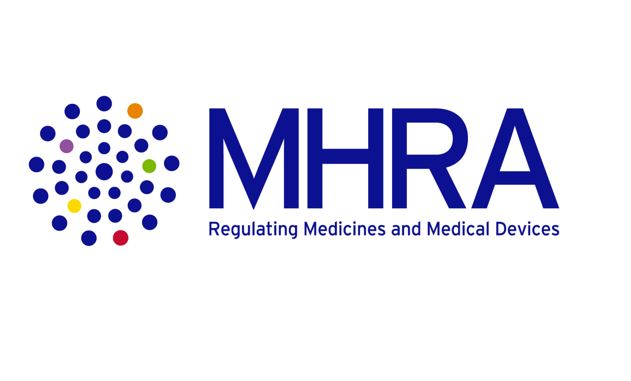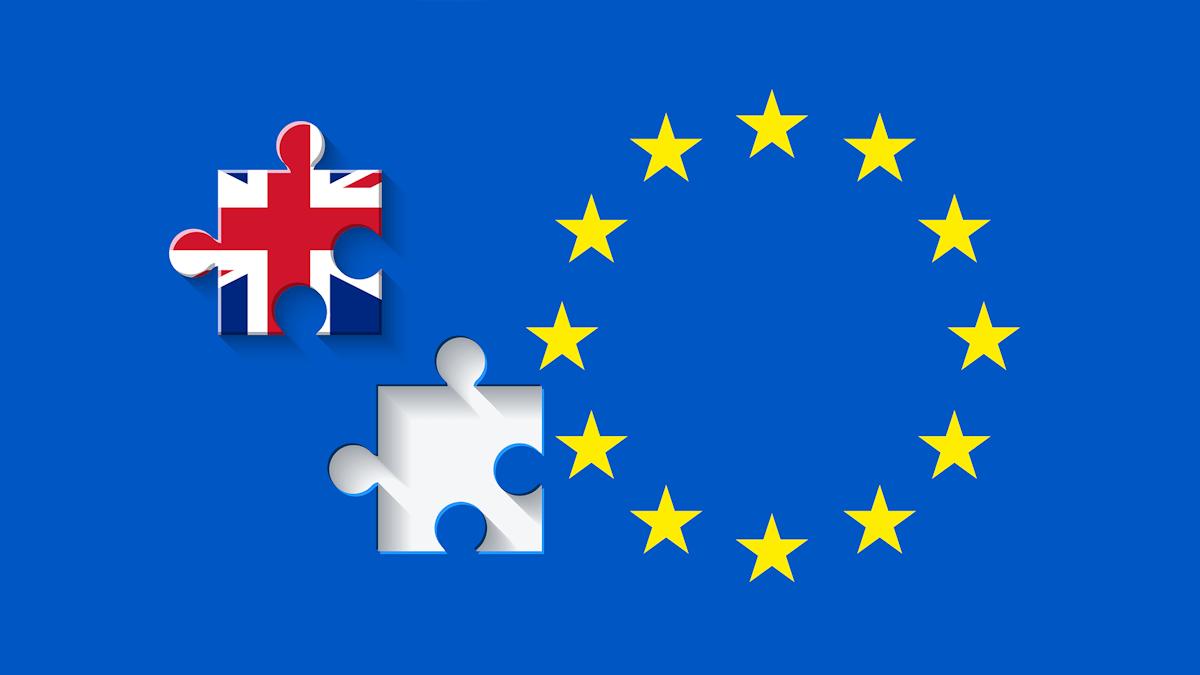UK drugs regulator consults on 'no deal' Brexit arrangements

Despite the government insisting that Brexit will have no negative fallout, the UK's drugs regulator is consulting on whether it can become a standalone body with no links to European counterparts.
In light of ongoing uncertainty over exactly what Brexit will mean when its due date of March 29 arrives, the agency wants to ensure that ‘the UK’s regulatory processes for medicines, clinical trials and medical devices are legally coherent on exit day’.
Theresa May's preferred option is for the UK's Medicines and Healthcare products Regulatory Agency (MHRA) to align itself with decisions made by the European Medicines Agency on the latest novel drugs.
But is unclear whether this will be achieved given the fraught negotiations between Brussels and the UK government, and divisions within the government on key policies.
The MHRA is asking for views from the pharmaceutical industry, allied healthcare professionals, medical charities and the public.
The Department of Health and Social Care said in a statement that it was confident a deal would be struck, and insisted that the acceleration in preparation for a no-deal scenario were not a signifier of the latter being the most likely outcome.
But the statement added: “However, a responsible government should prepare for all potential outcomes, including the unlikely scenario in which no mutually satisfactory agreement can be reached and that is exactly what we are doing, with this consultation forming part of these preparations.”
It went on to explain that, in the ‘unlikely event’ of a no-deal Brexit, the MHRA would be a stand-alone medicines and medical devices regulator, taking any decisions and carrying out any functions which are currently taken or carried out at EU-level.
This would include new innovative licensing routes, the possibility of new global partnerships, and a competitive fee structure.
Dr Ian Hudson, CEO of the MHRA said: “Our position on medicines and medical devices regulation remains clear.
“We want to retain a close working partnership with the EU to make sure patients continue to have timely access to safe medicines and medical devices. However, it is important for the UK to prepare for all scenarios and this consultation is a key part of that.”
He said the MHRA’s principles were founded on three principles: that patients should not be disadvantaged, that innovators should be able to get products to the UK market as quickly and simply as possible, and that the UK continues to play a leading role promoting public health.
But he warned: “In the unlikely event of a no-deal scenario, the UK will strive to be at the forefront of regulatory innovation and processes. For example, looking at ways to reduce the length of time required to approve new medicines.”
The consultation period ends on November 1.













